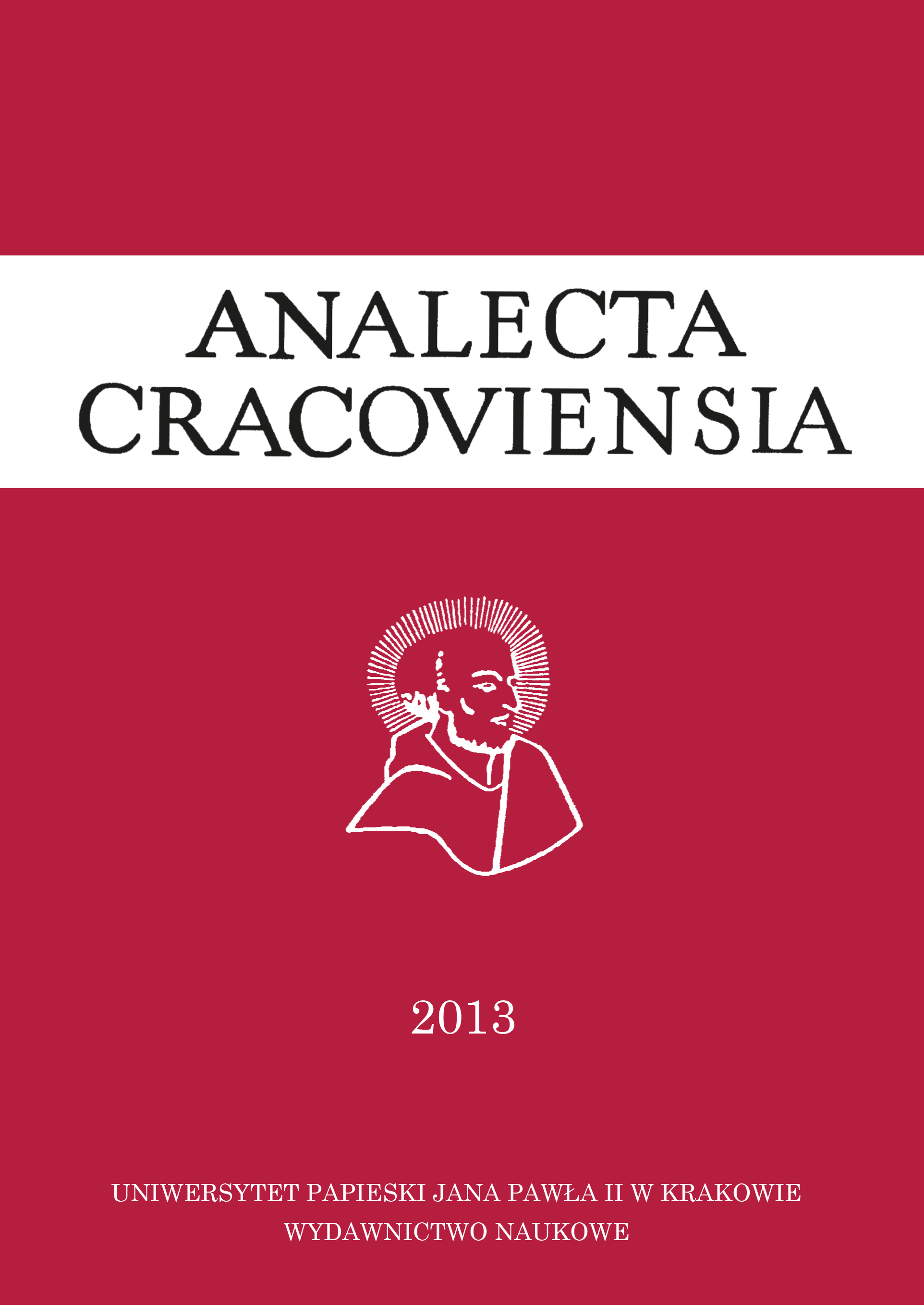Controversy over decisions of conscience Thomas More
DOI:
https://doi.org/10.15633/acr.1130Keywords:
Thomas More, conscience, King Henry VIII, Utopia, prison epistles, English ReformationAbstract
The article is an attempt to discover the mysterious conscience of Thomas More, his motives and intentions, which for many have been and are still completely incomprehensible, as well as to show the value of conscience in decision making. A specific consideration is the way in which Thomas More understands the inner voice of conscience, and as referring to the realm of political beliefs and principles according to which he lived. Was he more loser politician or saint statesman and a pattern of respect for the inviolable rules? Moreover, his example shows that faithfulness to God’s internal voice may become more precious than life. Without a doubt, the words and deeds of Thomas are a kind of mystery to of his conscience. He also recognizes his restraint in expressing what made the conscience of his own beliefs. Without a doubt, More felt the need to absolute obligation in doing so, and not a different decision, regardless of the consequences. In his social position and an office which he held, there was no place to be against the rules. The situation in which he found himself became a great challenge for him and successfully performed its duty. He faced death, clearly expressing the truth, bearing in his heart, that he was obliged in conscience to refuse to take the oath, because the authority of the Church is beyond the authority of the king.
Downloads
Published
Issue
Section
License
Copyright (c) 2015 Wojciech Medwid

This work is licensed under a Creative Commons Attribution-NonCommercial-NoDerivatives 3.0 Unported License.
Authors who publish with this journal agree to the following terms:
- Authors retain the copyright and full publishing rights without restrictions, and grant the journal right of first publication with the work simultaneously licensed under a Creative Commons Attribution 4.0 International License that allows others to share the work with an acknowledgement of the work's authorship and initial publication in this journal.
- Authors are able to enter into separate, additional contractual arrangements for the non-exclusive distribution of the journal's published version of the work (e.g., post it to an institutional repository or publish it in a book), with an acknowledgement of its initial publication in this journal.
- Authors are permitted and encouraged to post their work online (e.g., in institutional repositories or on their website) prior to and during the submission process, as it can lead to productive exchanges, as well as earlier and greater citation of published work (See The Effect of Open Access).

